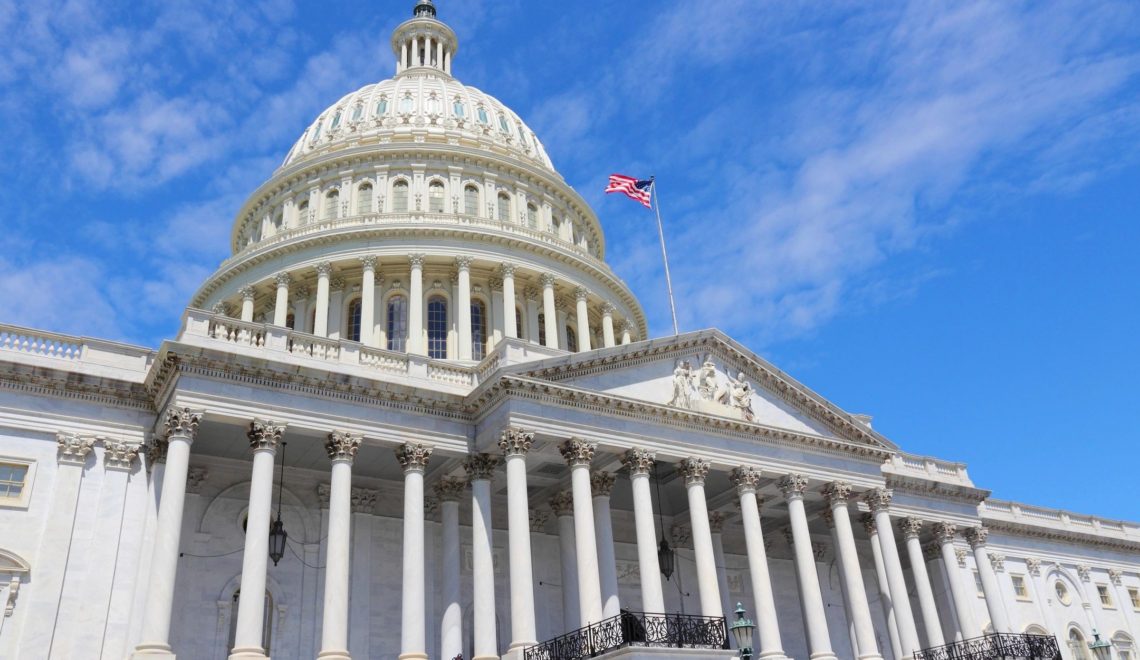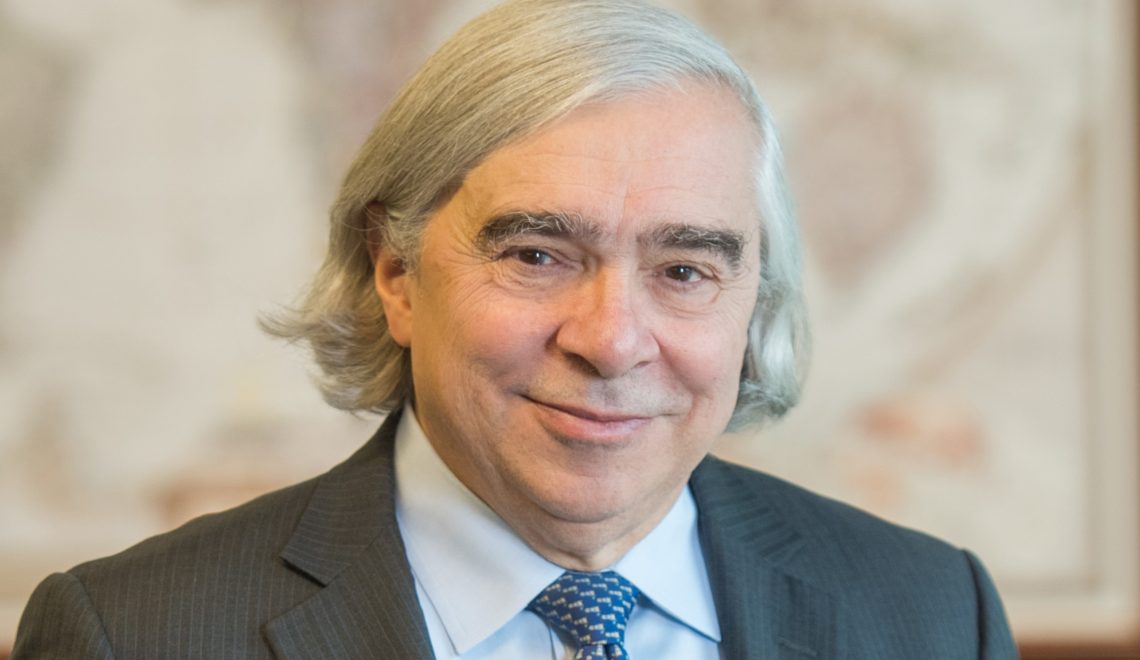With the devastation from hurricanes Harvey and Irma, the repercussions of climate change are getting more attention, especially the extent to which global warming may intensify the impact of storms.
From a policy standpoint, the question is whether climate change will receive broader consideration in Washington as hurricanes, wild fires and other natural calamities wreak havoc in the U.S. and neighboring nations.
In the latest Columbia Energy Exchange podcast, I talk with Jay Faison, the founder and CEO of the ClearPath Foundation, an organization dedicated to promoting conservative support for clean energy.
Granted, our conversation took place before Harvey and Irma. But even then, Jay claimed growing interest among Republicans in weighing the implications of climate change and eyeing solutions.
“We’ve got 20, 30 Republicans out on different caucuses stating the problem,” he told me. “I can tell you behind the scenes, there’s a lot more support than meets the eye.”
Now for ClearPath, the most attractive options for clean energy are natural gas, nuclear energy, hydropower and carbon capture for fossil energy power plants, not necessarily the first choices of more liberal factions.
And putting a price on carbon, such as a carbon tax, is still out of the question in Congress, Jay notes.
Still, those four options enjoy considerable bipartisan support in Congress, and perhaps set the stage for broader discussion of climate and clean energy among lawmakers.
Just this year, two unlikely Senate allies, James Inhofe, R-Okla., and Sheldon Whitehouse, D-R.I., combined with other members of their parties to advance legislation to support the development of advanced nuclear reactors.
Is there more potential now for collaboration?
Listen to the podcast, and let me know what you think.








